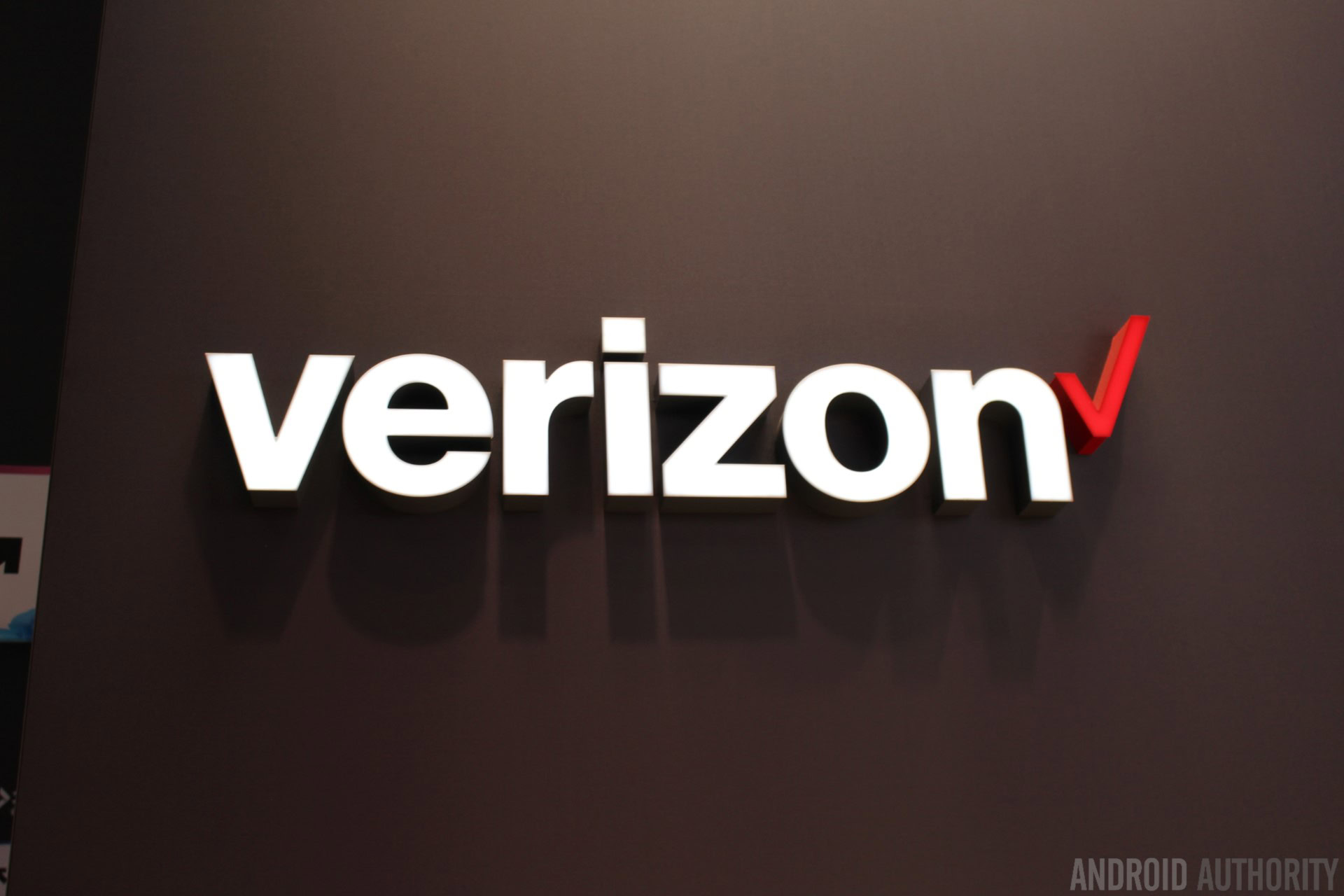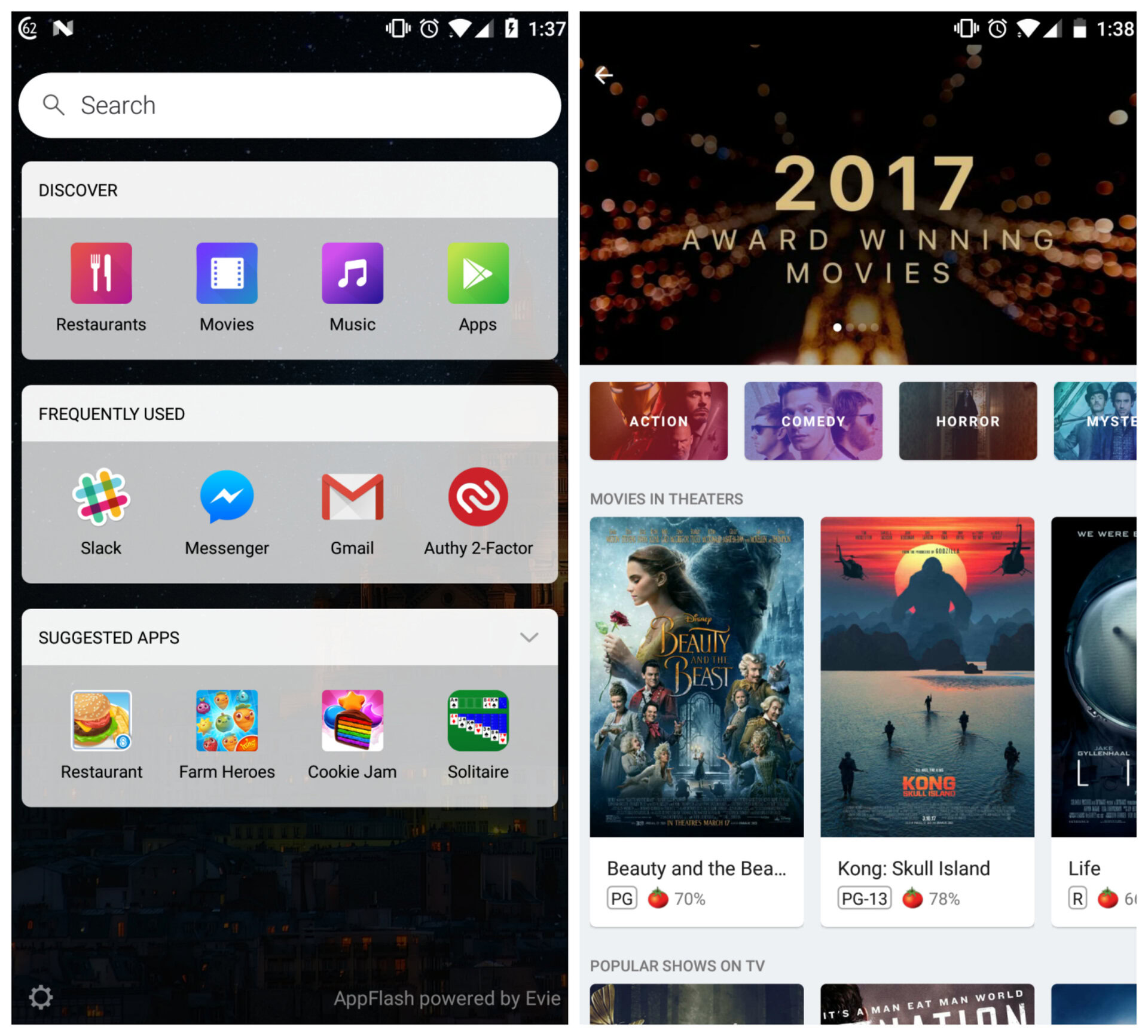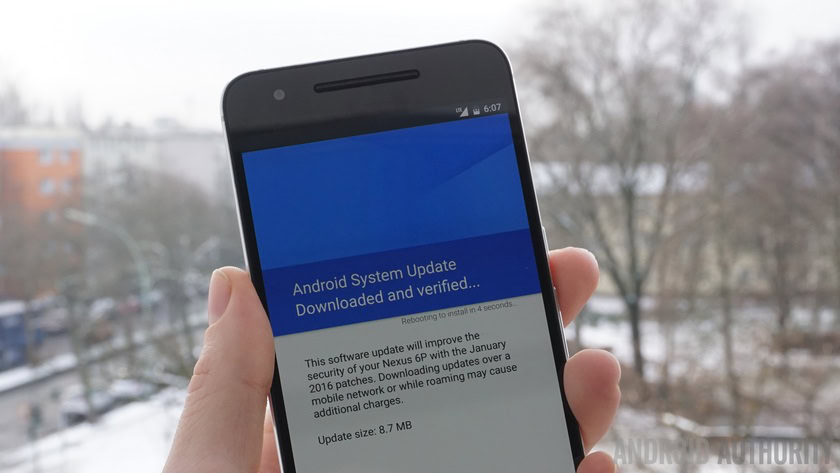Affiliate links on Android Authority may earn us a commission. Learn more.
EFF calls Verizon's AppFlash search app "spyware," but should you be worried?

Update #1, Friday, March 31: After contacting Verizon earlier today regarding the matter, a spokesperson for the company sent us the following:
"As we said earlier this week, we are testing AppFlash to make app discovery better for consumers. The test is on a single phone – LG K20 V – and you have to opt-in to use the app. Or, you can easily disable the app. Nobody is required to use it. Verizon is committed to your privacy. Visit www.verizon.com/about/privacy to view our Privacy Policy."
While I don't think "nobody is required to use it" is a very good excuse, generally, for products that collect sensitive user data, the small scale and ability to disable the feature may be enough to keep concern at bay for the time being. We'll keep you informed if the situation changes in future.
Original story: We’re all spying on each other these days, aren’t we? I’m spying on someone right now: a woman checking over her balcony plants that are wearing little tin foil hats. As if they, themselves, are trying to stop aliens infiltrating their thoughts.
They, themselves, don’t want to be spied on.
Which is why the accusations that Verizon intends to install spyware on its customer0’s devices is troubling. According to the Electronic Frontier Foundation —a nonprofit organization concerned with user privacy — the “AppFlash” app launcher and web search utility that Verizon will soon roll out to subscribers is a security and privacy concern.
AppFlash is a product from developer Evie akin Google’s Search bar; it can be used to search the web and across installed apps too. However, according to the Verizon’s privacy policy, it can also collect information including: “Your mobile number, device identifiers, device type and operating system, and information about the AppFlash features and services you use and your interactions with them,” as well as access information about the list of apps you have on your device.

“With your permission, AppFlash also collects information about your device’s precise location from your device operating system as well as contact information you store on your device,” the policy states.
Also somewhat worrisome is that the information AppFlash acquires “May be shared within the Verizon family of companies, including companies like AOL who may use it to help provide more relevant advertising within the AppFlash experiences and in other places, including non-Verizon sites, services and devices.”
However, at the end of the policy, Verizon does note: “You can control whether AppFlash collects location and contact information about your device using settings available on your device,” and that you can opt-out of targetted advertizing.

Basically, Verizon may have a greater opportunity to collect and sell sensitive user information, though you’ll have some control over what this contains (I’ve reached out to Verizon regarding this and will update this article should I get a response).
Meanwhile, Evie Labs Co-founder and CEO David Zhao told Tech Crunch that the company doesn’t have a contractual requirement to Verizon, but says that it wants to make this work with Verizon first “before other carrier/OEM partners.” In other words, AppFlash could roll out with more services in the future.
Realistically, Google collects much of this data anyway, and you’re not going to be forced to use the app (probably). I’m not saying this isn’t serious, but look, once this bill gets passed into law then AppFlash is going to be the least of your problems — every internet service provider in the US will have the right to collect and sell your data. Verizon just seems to be setting up shop early.